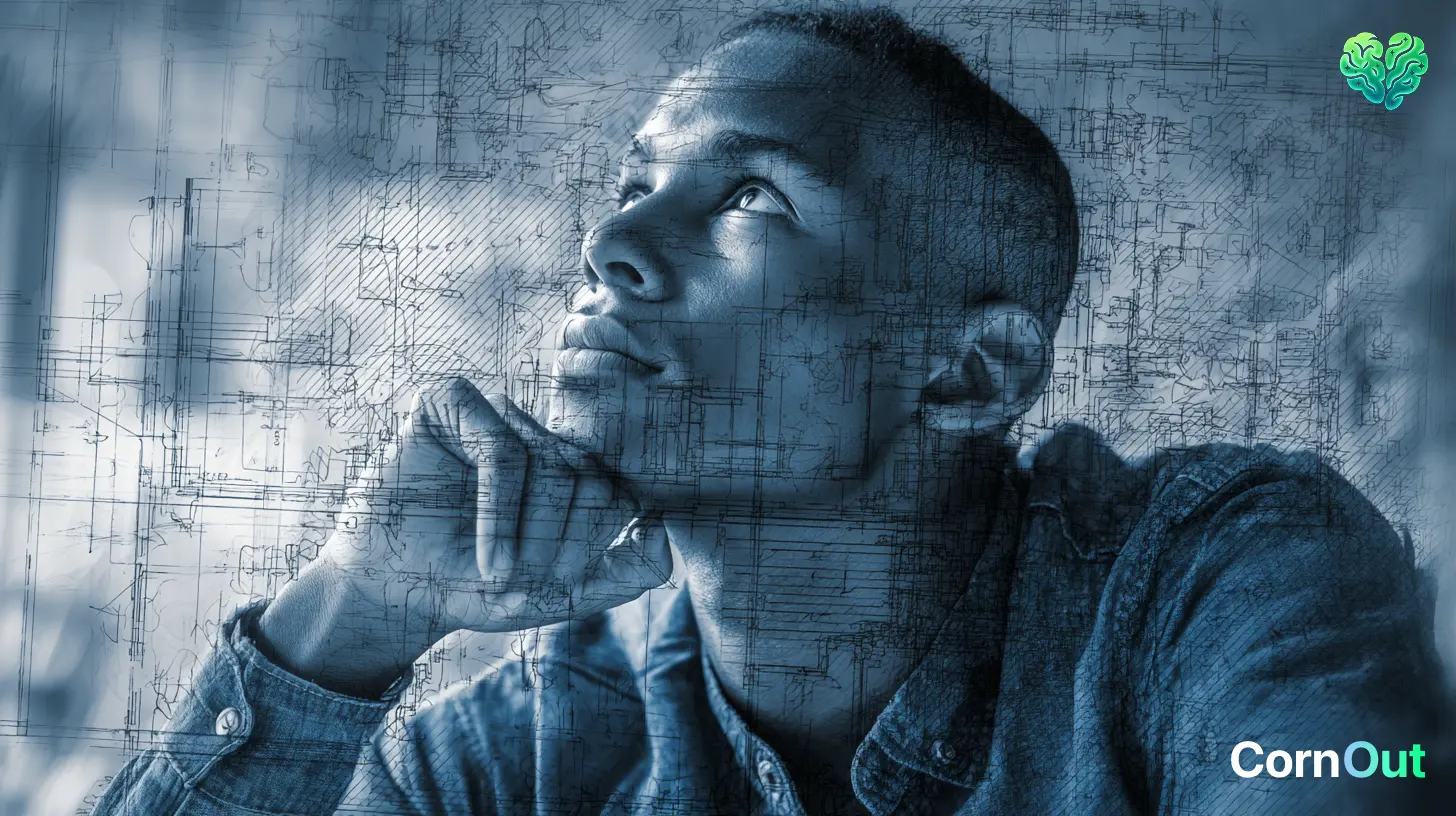
Tired of Starting Over? Here’s the Last Porn Recovery Plan You’ll Need
Porn addiction doesn’t just affect your screen time. It impacts the way your brain works, it reshapes your routines, and it slowly chips away at confidence, clarity, and connection. For many, quitting isn’t just about self-control. It’s about rediscovering who they are without the crutch.
But here’s the truth most guides miss: recovery is not one-size-fits-all.
What worked for your friend, favorite podcast host, or even for a celebrity might leave you frustrated. That’s why this guide doesn’t simply give you a rigid set of rules. It helps you build your own. A plan that fits your triggers, your pace, and your life.
In the sections ahead, you’ll find practical tools, neuroscience-backed strategies, and real stories from people who’ve walked this path, some quietly, others publicly like Theo Von and Terry Crews. You’ll also hear from leading voices like Dr. Andrew Huberman and Dr. Peter Attia on how porn impacts the brain and how to rebuild better habits.
This is your blueprint. Thoughtfully designed. Fully yours.
Let’s get into it.
Table of Contents
- Why This Plan Works
- Understand Your Why
- Map Your Patterns
- Set Intentional Goals
- Build Your Toolbox
- Replace with Meaningful Routines
- Track, Learn, Adapt
- Call in the Pros When Needed
- Real Voices: Celebrities Who've Quit
- Science Speaks: Why It Works
- Your Sample Daily Plan
- Wrapping up
Why This Plan Works
- Ties neuroscience to real-life change
- Includes anonymous testimonials from people like Mark and Emily
- Weaves in celebrity stories (Theo Von & Terry Crews)
- Features research by trusted experts (Peter Attia, Andrew Huberman, Wendy Maltz)
Understand Your Why
Peter Attia, MD, on dopamine:
Dopamine dysregulation drives compulsive behaviors… replacing one habit with another rewires the brain over time.
Action: Think about what need(s) is/are porn fulfilling for you? Stress relief? Loneliness? Frustrations? Write it/them down. Connecting your plan to real reasons helps you stick with it.
Map Your Patterns
Evenings alone triggered me. I’d scroll until three in the morning.”
Emily, 27
- Track urges: times, feelings, locations, devices
- Note emotional states (e.g., tiredness, boredom)
- Spots any patterns? That's where you focus first.
Set Intentional Goals
- Bad: “I want to stop.”
- Better: “No porn Mon–Thurs.”
- Best: “Install block software by Sunday evening; check in every morning.”
Why it matters: Specific actions anchor progress in real behavior. Celebrate small wins; Huberman calls these dopamine anchors.
Build Your Toolbox
| Tool Type | Suggestions |
|---|---|
| Apps | CornOut |
| Extensions | BlockSite, Covenant Eyes |
| Support Systems | Forums, local groups, accountability buddies |
I stuck with it because I had someone checking in every night.
Samantha, 40
Replace with Meaningful Routines
Replacing porn with meaningful activity helps rewire both behavior and brain. Dr. Wendy Maltz, sexual-therapy pioneer:
Sample daily routine:
- Morning: meditation (5 min)
- Midday: walk or workout (20 min)
- Evening: creativity time (guitar, writing)
- Before bed: CheckIn or quick Journal Entry
These aren’t fillers; they’re foundations.
...
